People who love acne can eat carrots rich in vitamin A, oysters rich in zinc, oats with low glycemic index, green tea containing antioxidant substances, yogurt containing probiotics and other foods in moderation, as well as isotretinoin soft capsules, doxycycline hydrochloride tablets, adapalene gel, clindamycin phosphate gel, tanshinone capsules and other drugs as instructed by doctors. It is recommended to seek medical attention promptly and choose an appropriate treatment plan based on the type and severity of acne under the guidance of a doctor, while also coordinating with dietary adjustments.
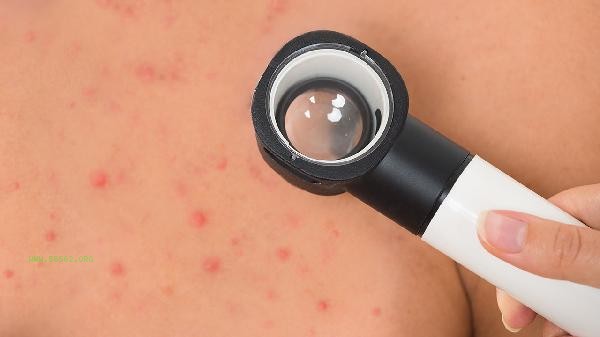
1. Food
1. Carrots
Carrots are rich in vitamin A, which can be converted into retinol in the body, helping to regulate sebaceous gland secretion and reduce abnormal hair follicle keratinization. Eating 2-3 servings of steamed carrots per week can help improve skin barrier function, but excessive intake may cause temporary yellowing of the skin.
2. Oysters
Oysters are an important source of natural zinc, which has anti-inflammatory and inhibitory effects on Propionibacterium acnes activity. It is recommended to choose steamed method for consumption, which can be consumed 1-2 times a month to meet the needs. People who are allergic to seafood should avoid consumption.
3. Oats
Oats belong to low glycemic index foods, and their beta glucan content can slow down blood sugar fluctuations and reduce the stimulation of sebaceous glands by insulin-like growth factors. It can be used as a breakfast staple instead of refined rice and flour, and is more effective when consumed with fresh blueberries.
4. Green Tea
The tea polyphenols in green tea have antioxidant and anti-inflammatory properties, which can alleviate the redness and swelling caused by acne. It is advisable to drink 2-3 cups of light green tea daily, avoiding drinking on an empty stomach as it may affect sleep quality before bedtime.
5. Yogurt
Sugar free yogurt contains probiotics that can regulate the balance of gut microbiota and improve acne caused by endocrine disorders. Choose plain yogurt without additives and consume 100-200 grams per day. Lactose intolerant individuals can choose plant-based fermented drinks as a substitute.
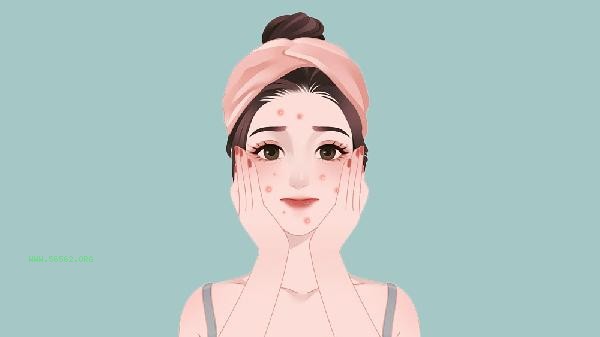
2. Medication
1. isotretinoin soft capsules
are suitable for moderate to severe nodular cystic acne by inhibiting sebaceous gland secretion and hair follicle keratinization. Strict contraception is required during use, as side effects such as dry lips may occur. Moisturizing care is necessary.
2. Doxycycline hydrochloride tablets
are antibiotics for inflammatory acne that can kill Propionibacterium acnes. During the medication period, sun exposure should be avoided and it should not be taken together with calcium and iron containing foods. The treatment usually lasts for 6-8 weeks.
3. Adapalene gel
the third generation retinoic acid topical preparation, suitable for acne and mild inflammatory acne. It is recommended to apply a thin layer after cleansing. There may be slight flaking in the initial stage, and it is necessary to establish skin tolerance.
4. Clindamycin phosphate gel
topical antibiotic preparation, mainly used for red inflammatory papules and pustules. Can be used interchangeably with adapalene, but should not be used alone for a long time to avoid bacterial resistance.
5. Tanshinone capsule
traditional Chinese patent medicines and simple preparations preparation, with anti androgen and anti-inflammatory effects, suitable for endocrine disorder acne. If the effect is slow, it is necessary to persist in taking it. Women during menstruation should consult a doctor to adjust the dosage. In addition to paying attention to diet and medication treatment, acne patients should maintain a regular daily routine, avoid staying up late, and excessively clean their skin. Choose skincare products with oil-free formulas to reduce the frequency of makeup use. Ensure sufficient drinking water daily and engage in aerobic exercise to promote metabolism. Avoid squeezing pimples with your hands and take physical sunscreen when going out. Establishing a scientific skin care log to record the relationship between diet, daily routine, and changes in acne can help find personalized prevention and treatment plans. When symptoms continue to worsen or accompanied by scar formation, timely follow-up visits should be made to adjust the treatment plan.
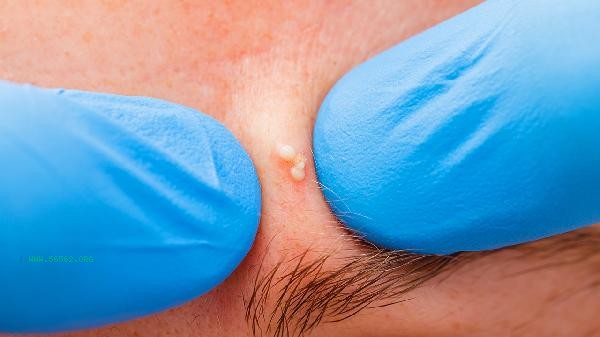

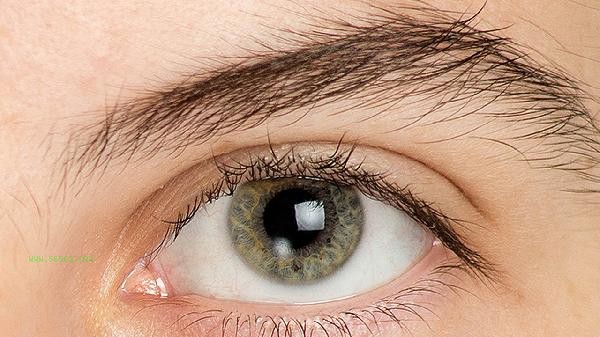
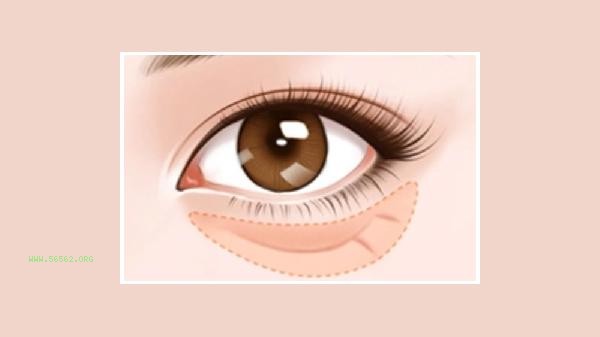
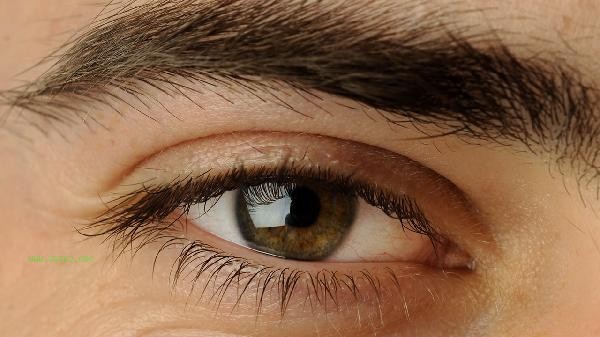
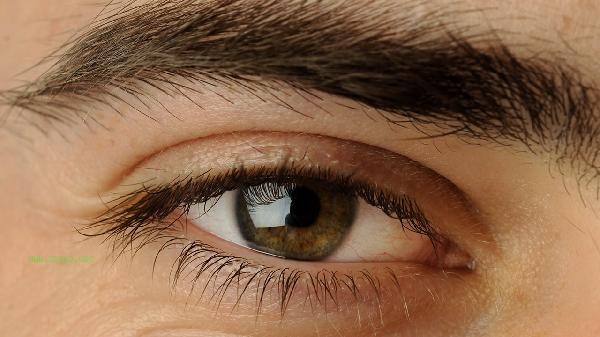
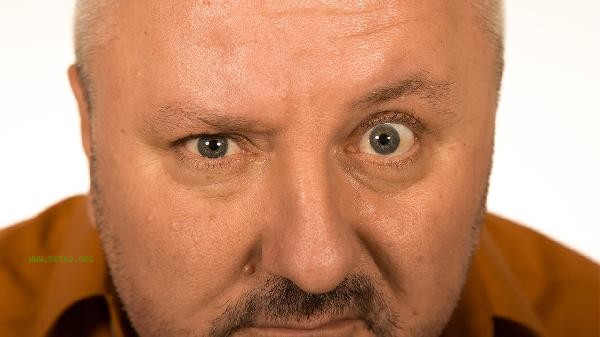



Comments (0)
Leave a Comment
No comments yet
Be the first to share your thoughts!